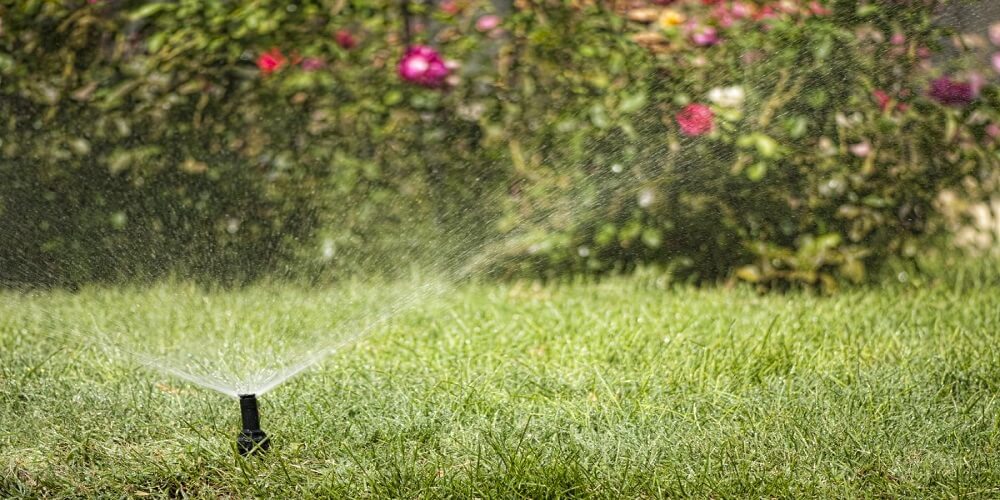In recent times, customers have become more conscious of the products they buy and have taken steps to ensure that they get products that are not toxic to them and their families. For example, more people avoid cleaning products that are poisonous and they now grow organic vegetables. However, a study shows that there are disturbing levels of chemicals on long garden hoses. The toxin levels of a hose can be 20 times more than safe drinking water standards.
While there isn’t a perfect environment, you can play your part in ensuring that your garden hose doesn’t spray these harmful chemicals by safe water practices. This article focuses on some of these healthy practices.
Be Careful When Choosing A Hose
1. Hoses bought before 2007 are likely to contain lead
Hoses since 2007 are now governed by labeling laws that can guide customers when purchasing a hose. Before 2007, most hoses contained lead with brass fittings containing up to 8% lead. However, you can now check the labels for ‘lead-free’ hoses. You can get them from RV or marine stores that market lead-free hoses for motor homes and boats. The lead-free hoses can serve as garden hoses because they are safe for use. Before buying, also check for ‘drinking water safe’ on the label
2. Vinyl hoses are produced from PVC
PVC makes use of the chemical ‘phthalates’ to ensure that the hoses are flexible and elastic. However, his chemical can affect the development of the human reproductive organs and it has been linked with liver cancer. A better option would be to use food-grade polyurethane or natural rubber hoses.
3. Buy non-brass fittings that are made from aluminum o stainless steel
The chances of these metals containing lead are quite slim and they meet drinking water standards. Some of these hoses are plated with nickel over brass fittings to prevent lead from leaching.
4. Carefully read labels
Read the labels carefully before purchasing a hose and watch out for a warning that shows that the product may harm reproductive organs, cause birth defects, or lead to cancer. Even if you have to spend more money on a safer hose, it is worth it in the long run.
Practice Safe and Healthy Hose Habits
1· Keep your hose safe from sunlight
When your hose is exposed to a few hours of sunlight, it can cause the water in it to heat up, leading to chemical leaching. To prevent this from happening, always keep your hose in a shade after usage
2· Let the hose run before usage
Before spraying your food garden, ensure that you drain stored water and that you let the hose run for a while. Studies show that there are high levels of chemicals in the water that was stored in the hose for a few days
3· Test your soil
Check for the presence of lead or other chemicals in your yard or garden. This is especially important if you have kids that play regularly in your yard. This will also help you get a general soil profile to maximize the output from your garden.

